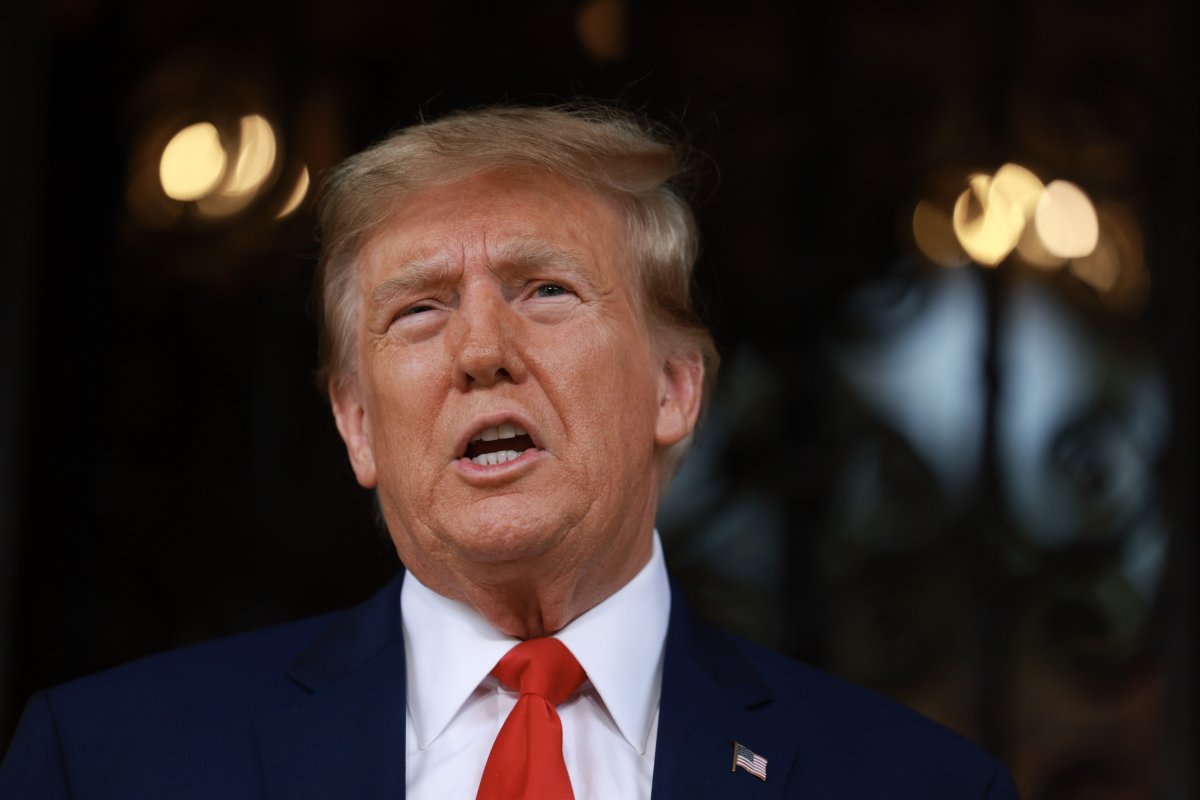The D.C. Circuit's opinion on presidential immunity from criminal prosecution based on official acts was wrong. It should, and likely will, be reversed.
First, the D.C. Circuit opinion is almost impossible to square with the Supreme Court's decision on presidential immunity from civil lawsuits based on official acts, Nixon v. Fitzgerald. That case granted former presidents absolute immunity from civil lawsuits for acts within the "outer perimeter" of their duties of office.
The D.C. Circuit didn't hold that the former President's alleged criminal acts were beyond that "outer perimeter." They held that there is no such immunity from criminal prosecution, period.
That creates an enormous amount of tension between civil and criminal immunity. For example, under the rule in Fitzgerald, former President Obama cannot be sued by the family of Abdulrahman al-Awlaki, the 16-year-old American citizen Obama killed with a drone strike in 2011, for wrongful death. But under the logic of the D.C. Circuit, he could be criminally prosecuted for that same act, even absent impeachment and conviction by the Senate. The fact that Obama was acting as the President and commander-in-chief wouldn't matter: His official acts as commander-in-chief would be "constrained by and subject to 'criminal statutes of general application," and he could be prosecuted.

It also rejects most of the logic of the Fitzgerald opinion, which spends ample time discussing the unique nature of the presidency and how important it is in our constitutional structure. It also explains how liability can jeopardize the functioning of a President who both is commander-in-chief of the armed forces and has the responsibility to "take care" that the laws are faithfully executed. The D.C. Circuit tries to analogize immunity for the President to immunity for judges, jurors, Presidential advisors, and prosecutors. But Fitzgerald holds that the Presidency deserves unique solicitude when it comes to civil immunity. It's hard to imagine that the Supreme Court wouldn't extend that solicitude to criminal immunity.
The D.C. Circuit tries to distinguish criminal from civil liability on two further fronts. First, they suggest that the criminal justice system can't so easily be used to harass a former president due to the need for the Department of Justice to seek an indictment and for a grand jury to issue one. But given how politicized DOJ has become, and how trivial it is to get a D.C. grand jury to indict a Republican, this is hardly persuasive.
Second, they suggest that because this is the first time that a former president has been criminally indicted in our nation's history, there is little likelihood of future partisan prosecutions of former presidents. There are two obvious answers to this point: First, that the lack of such a history suggests there is a settled understanding that presidents have immunity from prosecution for their official acts. Second, the unprecedented bout of lawfare against former President Trump—four criminal indictments in four different jurisdictions in a little over four months—augurs a future that will be full of partisan presidential indictments.
If anything, this barrage of criminal prosecutions on unrelated matters highlights why it's so important that presidents do have immunity for their official acts. Our politics is now extraordinarily polarized and cutthroat. If the D.C. Circuit's opinion stands, President Biden can certainly expect to be prosecuted once he's left office for aiding and abetting illegal immigration.
The position of the Trump legal team makes more sense, both as a matter of precedent and of public policy. Former Presidents ought to have immunity for their official acts that they have not been impeached and convicted for. This does not place the president above the law, as the D.C. Circuit and so many liberal pundits claim. President Trump could still be criminally liable for his private actions, and future presidents would be liable for those official acts that they are impeached and convicted for.
I suspect that the Supreme Court is going to agree with President Trump's lawyers and ultimately hold that a former president has absolute immunity from criminal prosecution for official acts, save those for which he is impeached and convicted by the Senate. The lawfare against President Trump should stop, and it very likely will be stopped.
Will Chamberlain is Senior Counsel at The Internet Accountability Project and The Article III Project.
The views expressed in this article are the writer's own.
Uncommon Knowledge
Newsweek is committed to challenging conventional wisdom and finding connections in the search for common ground.
Newsweek is committed to challenging conventional wisdom and finding connections in the search for common ground.





